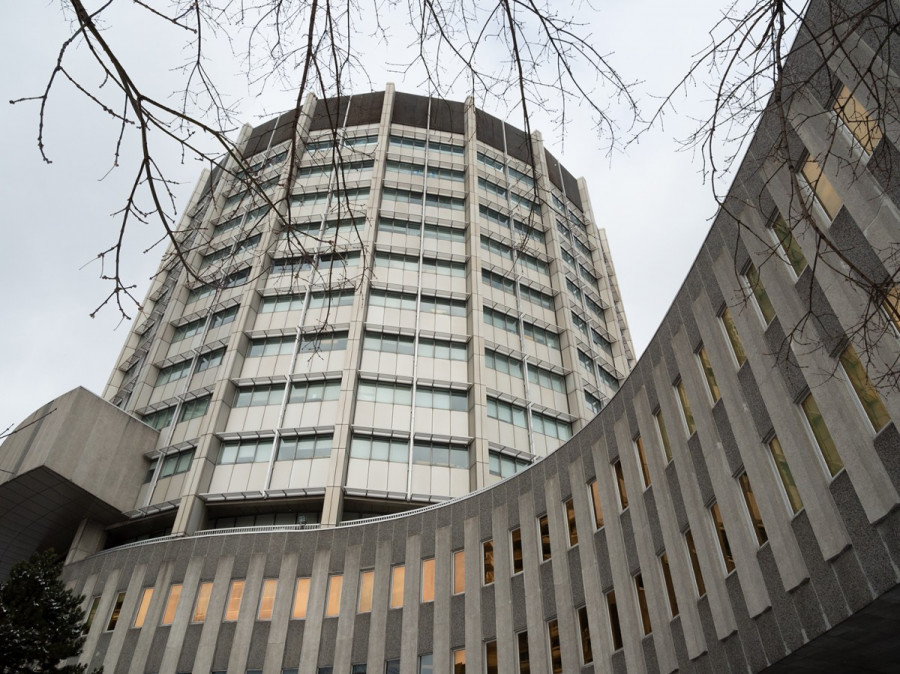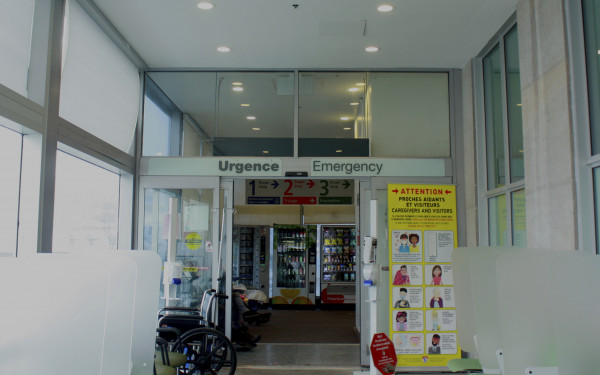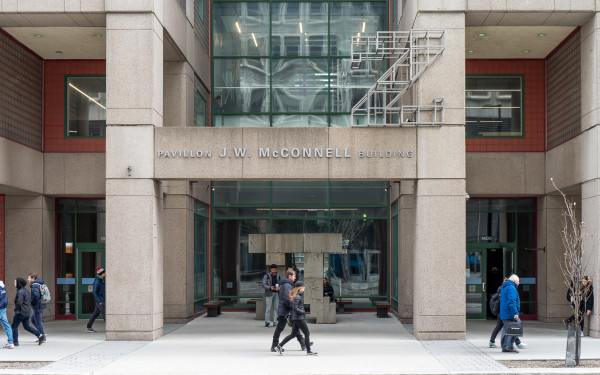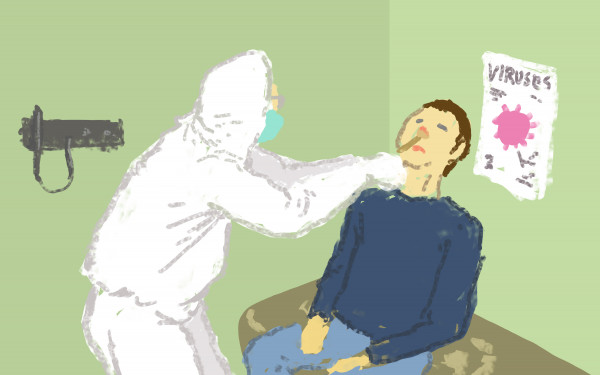The unaccounted victims of a crumbling health system
Surgeries and medical procedures postponed indefinitely in Montreal hospitals
Though COVID-19 cases are declining, impacts from the ravaging Omicron variant will linger in Montreal’s healthcare system for years.
Delayed surgeries, postponed medical appointments, and long wait times have become the norm. While these problems are not new, they have grown increasingly worse in the last few months.
Concordia child studies student, Ashley Midgley, understands this best. At birth, she was diagnosed with cystic fibrosis—a genetic autoimmune disease that leads to the build-up of mucus in the lungs. She also suffers from palindromic rheumatism, a rare form of arthritis.
Midgley is often in hospitals for routine check-ups or CF-related complications. She said she’s witnessed first-hand the consequences of the strained system.
After a month on Trikafta, a drug that works to reverse the genetic abnormality responsible for CF, she was anticipating her follow-up. To her surprise, she did not do a pulmonary function test, an assessment of her lung capacity, because it labelled a Covid health risk in the new protocols. This was the first time since the pandemic that she was denied a PFT.
“To hear that they weren’t doing them was quite disappointing. They basically said keep calling and eventually it will be available,” she said, though there is no clear date in sight when this safety restriction will be lifted.
Midgley was not the only one turned away from a medical procedure. Anthony Di Lollo has been awaiting surgery to remove an abscesses caused by Crohn’s disease, an autoimmune disorder that attacks the small intestine. Despite being on antibiotics, Di Lollo’s surgery is not happening anytime soon.
“The only way to get surgery would be to go through the ER as all non-cancer related surgeries had been cancelled both at the Jewish General and LaSalle hospital,” he said.
Di Lollo added that he is immunocompromised, meaning he cannot put himself at risk by waiting hours in an ER to be treated.
Nursing assistant in the operating rooms at Santa Cabrini Hospital, Lisa Marie Principe, provided several explanations for these delays. “Our department went up to five operating rooms. Previously, we only had four and we are now hoping to get a sixth,” she said. Yet they are still behind on work.
At the start of the pandemic, operating rooms were shut down, postponing scheduled surgeries to a later date, Principe explained. The employees working in the OR were transferred to the intensive care unit instead. Each time those changes occurred, more employees left, and the few that are there are overworked and exhausted, she said.
Principe added that there are also not enough beds. The resources required for postoperative care are lacking.
There is another unsuspecting cause for delays: Covid-19 protocols. Principle explained it takes far longer now to complete routine procedures because of the additional safety measures implemented. One of her colleagues had a shift delayed three hours because of the extra precautions taken to keep staff and patients safe.
A nurse at St. Mary’s hospital, who wishes to remain anonymous, discusses how priority of patients is decided.
“Those surgeries that need to be done or it will affect the patient’s outcome are the most prioritized,” they said.
They explained that afterwards, priority is determined by a series of factors. Age, pain, health history, the organ that is affected, unconscious patients, and minors, are some examples.
According to the source there are exceptions. “They will only admit patients that need specific medical treatments,” they said. “Anything routine is not considered a priority. Things like preventative surgeries are really not prioritized because even if we delay the time, we know it won’t affect your health outcome, you could wait as much as it is not ideal.”
According to Principe, these are all consequences of a larger broken health care system, and the provincial government is just putting a bandaid on these issues.
The anonymous source explained that health worker premiums are one example of this. They said the public does not know that there are many clauses on how to acquire these, limiting those benefiting from them and leaving workers frustrated. Some of the conditions include not calling in sick, fulfilling unrealistic work hours, and limiting vacation days.
“They need to find ways to bring people back because without staffing there is not really much you can do,” they said. “More funding needs to be put into our healthcare system. There needs to be an incentive to stay.”






